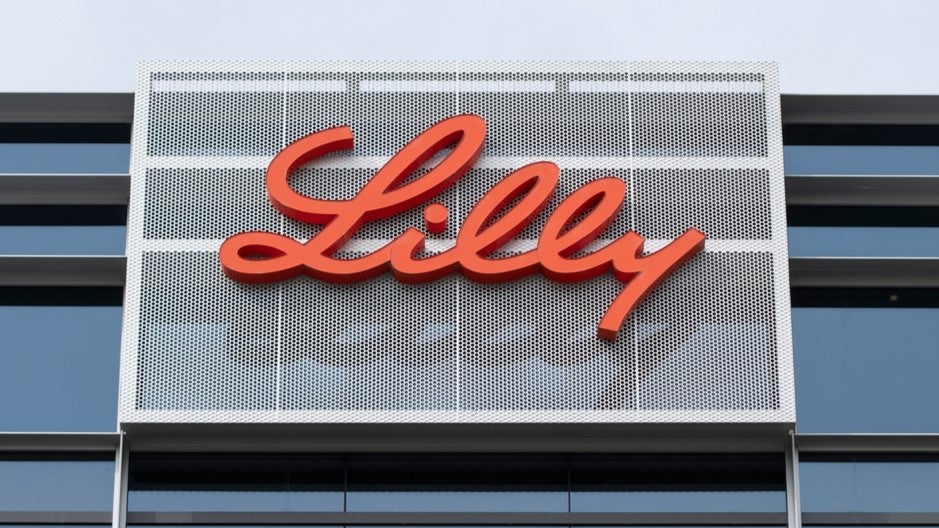Eli Lilly has released histological data from the Phase III VIVID-1 trial showing that its Crohn’s disease therapy Omvoh (mirikizumab) was superior to Johnson & Johnson’s (J&J) Stelara (ustekinumab).
Whilst Omvoh is not yet approved by the US Food and Drug Administration (FDA) to treat Crohn’s disease, it was approved for ulcerative colitis (UC), another type of inflammatory bowel disease (IBD). Lilly’s therapy is facing stiff competition in the IBD market from established high-grossing drugs such as AbbVie’s Humira (adalimumab) and J&J’s Stelara (ustekinumab).
Humira and Stelara generated $6.9bn and $10.8bn in global sales last year, respectively. Humira has already seen a decline in its profits with the introduction of biosimilars, with AbbVie reporting a 31.9% decline in the therapy’s revenue due to biosimilar competition in 2023 compared to the previous year. J&J has also made moves to position another of its monoclonal antibodies, Tremfya (guselkumab), as a successor to Stelara, which has already found success in the IBD space.
GlobalData forecasts Omvoh sales to trail behind Tremfya, with the therapies expected to generate $1.2bn and $7.7bn in global sales in 2029, respectively.
GlobalData is the parent company of Clinical Trials Arena.
The Phase III VIVID-1 trial (NCT03926130) pitted Omvoh against Stelara and placebo over one year. Lilly noted that Omvoh achieved “nominally statistically significant” improvements across all histologic and histologic-endoscopic endpoints compared to Stelara and placebo. At 52 weeks, 58.2% of patients achieved histologic response with Omvoh, compared to 48.8% of patients in the Stelara group, regardless of biologic treatment history. Similar results were observed in patients who had active histologic disease at baseline and with at least one prior biologic treatment failure.
At 52 weeks, 39.6% of patients had endoscopic-histologic response with Omvoh, compared to 27.8% in the Stelara group. The frequency of serious adverse events was greater in the placebo group compared to Omvoh. Commonly observed side effects included Covid-19, anaemia, arthralgia, headache, upper respiratory tract infection, nasopharyngitis and injection site reactions.
Lilly has filed for approval of Omvoh in Crohn's disease with multiple global regulatory health authorities, including the FDA. The company is also evaluating the therapy for IBD in paediatric patients in three Phase III trials (NCT04844606, NCT05509777 and NCT05784246).









